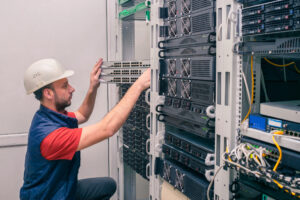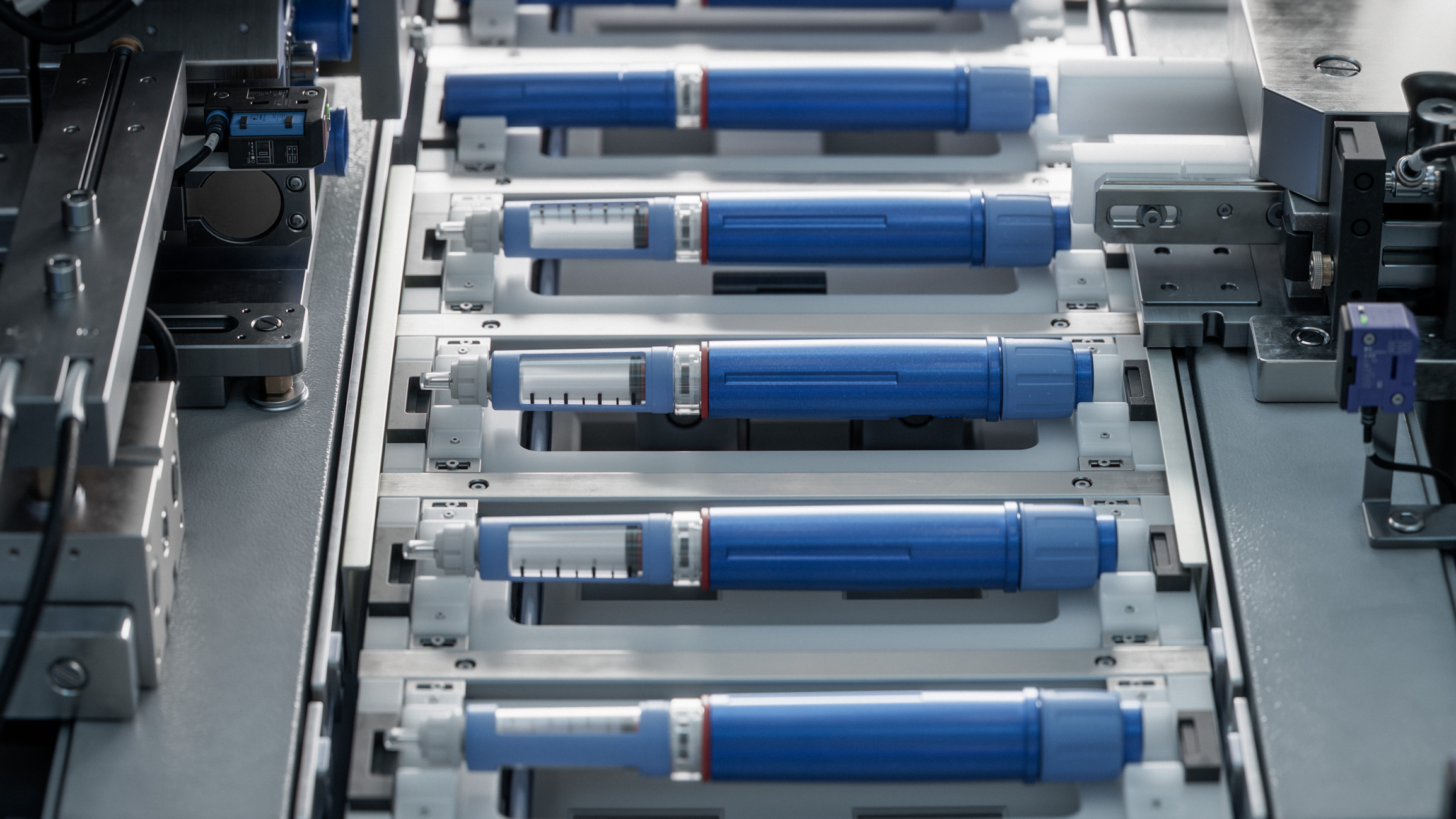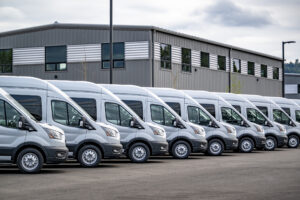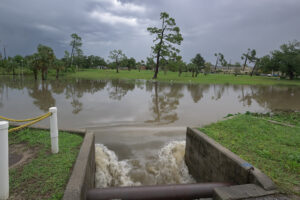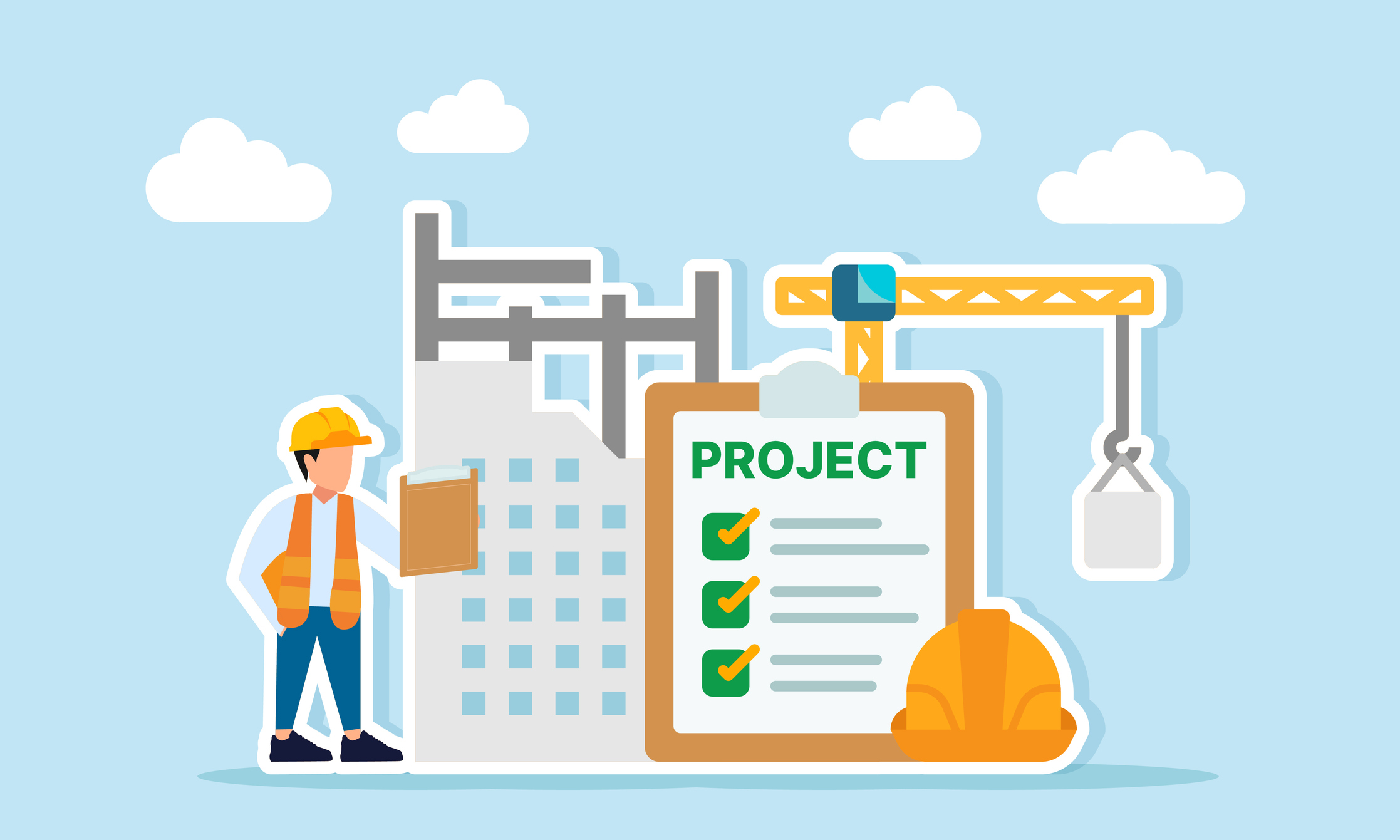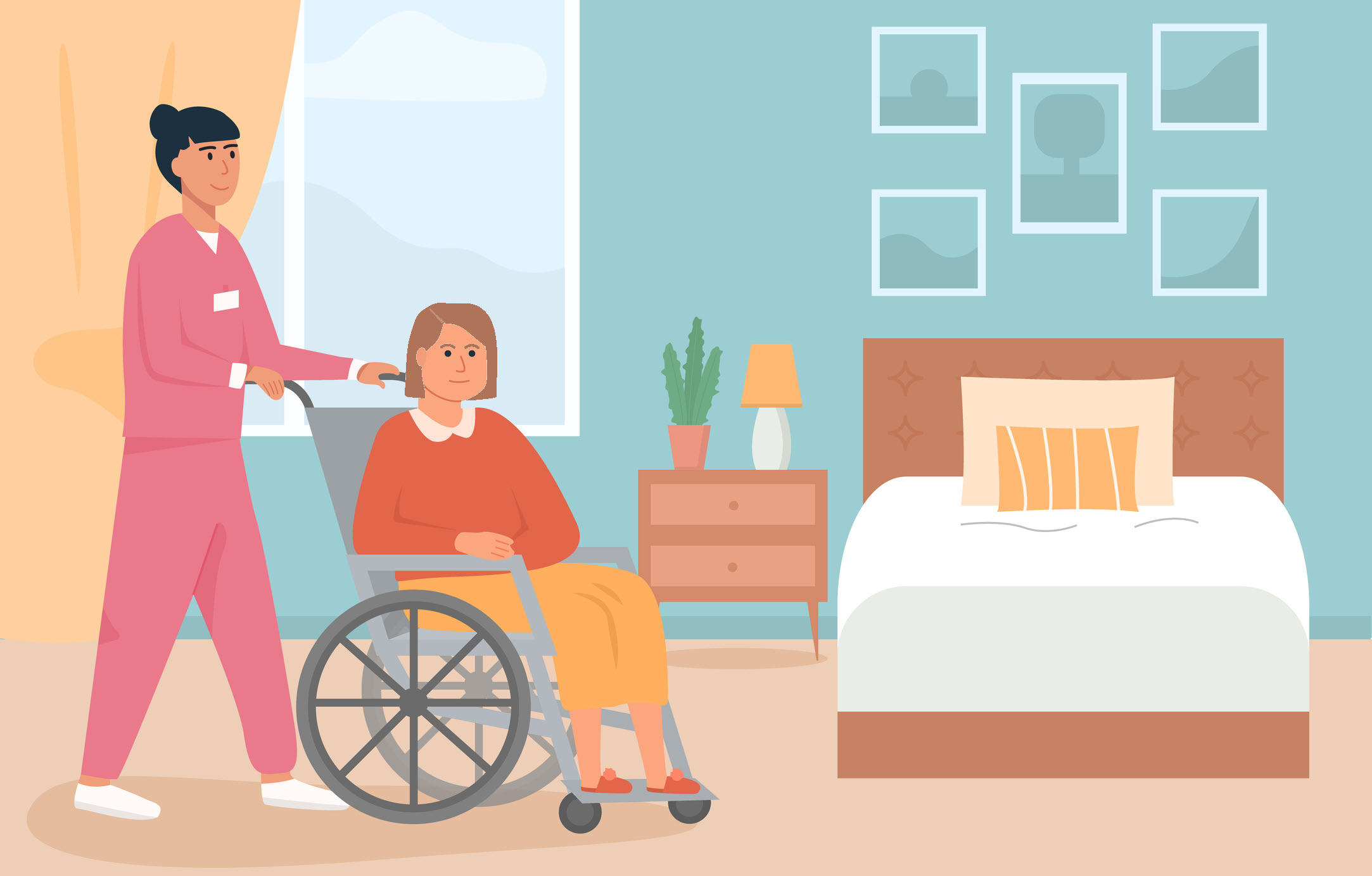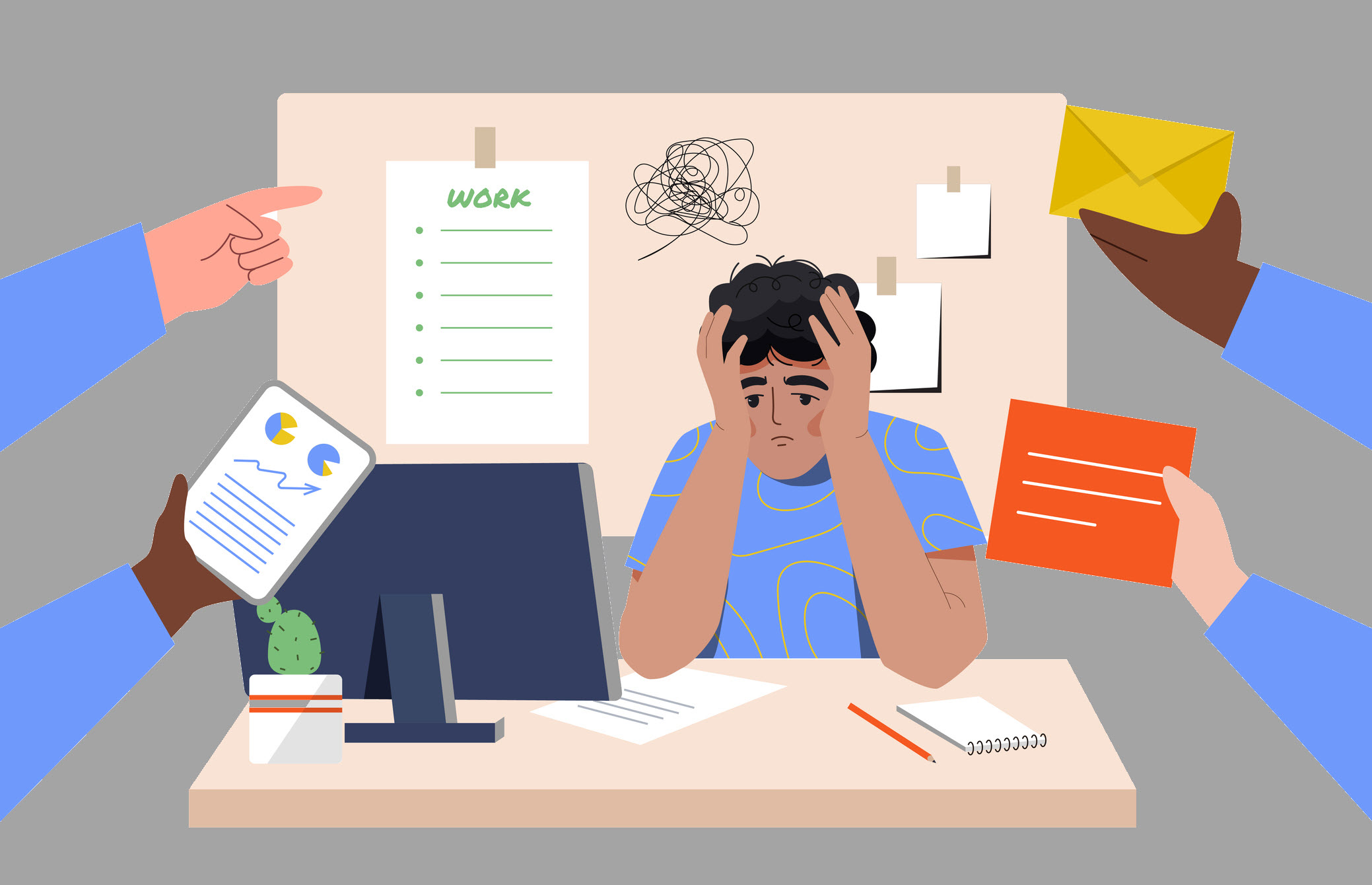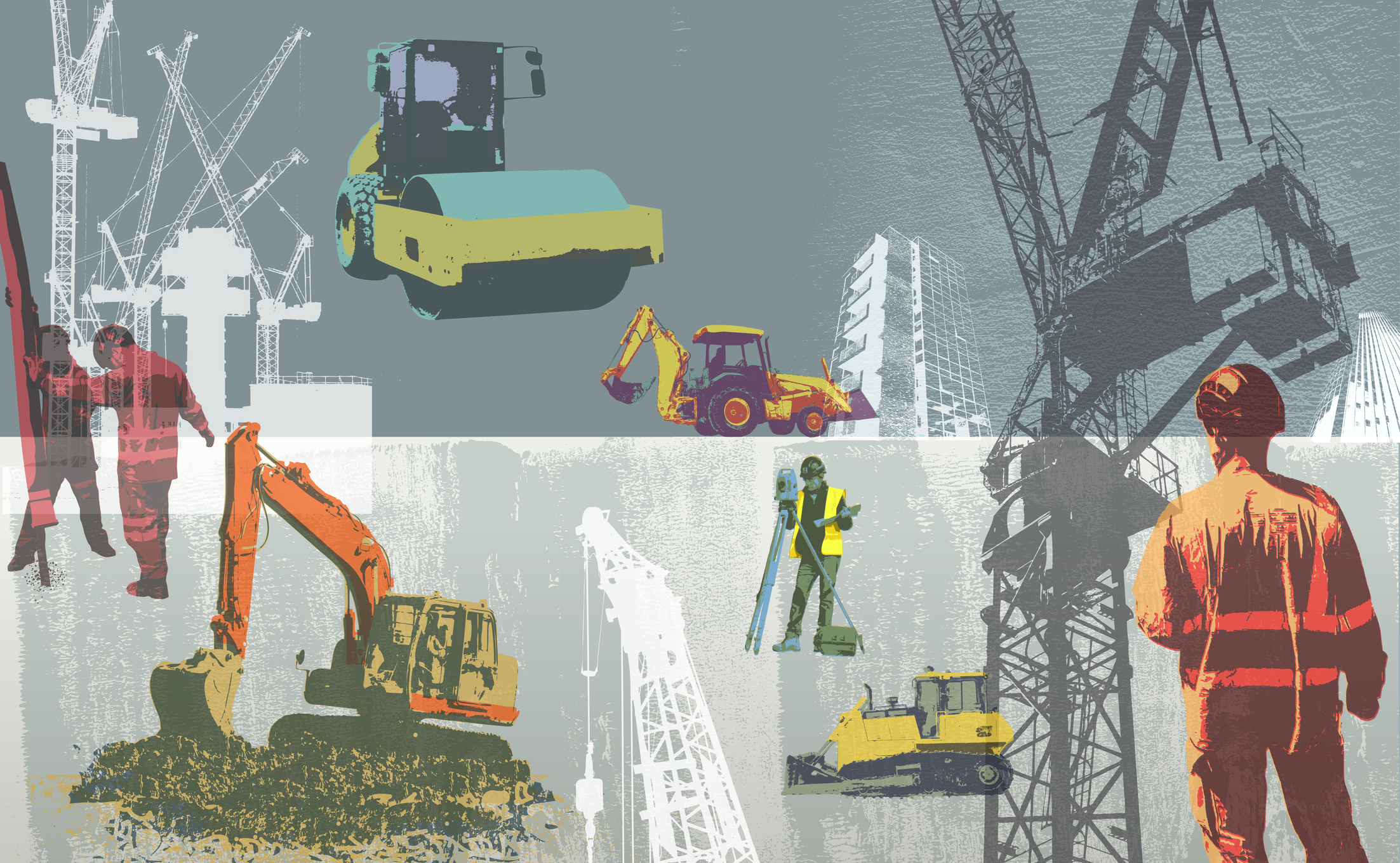3 Steps to Best Support Families of a Catastrophically Injured Worker
A great care team is paramount to an injured worker’s recovery, and their family plays a critical role. But how can families still reeling from the trauma of a catastrophic event provide that support? A compassionate relationship established immediately following an injury can make a difference.
July 18, 2022
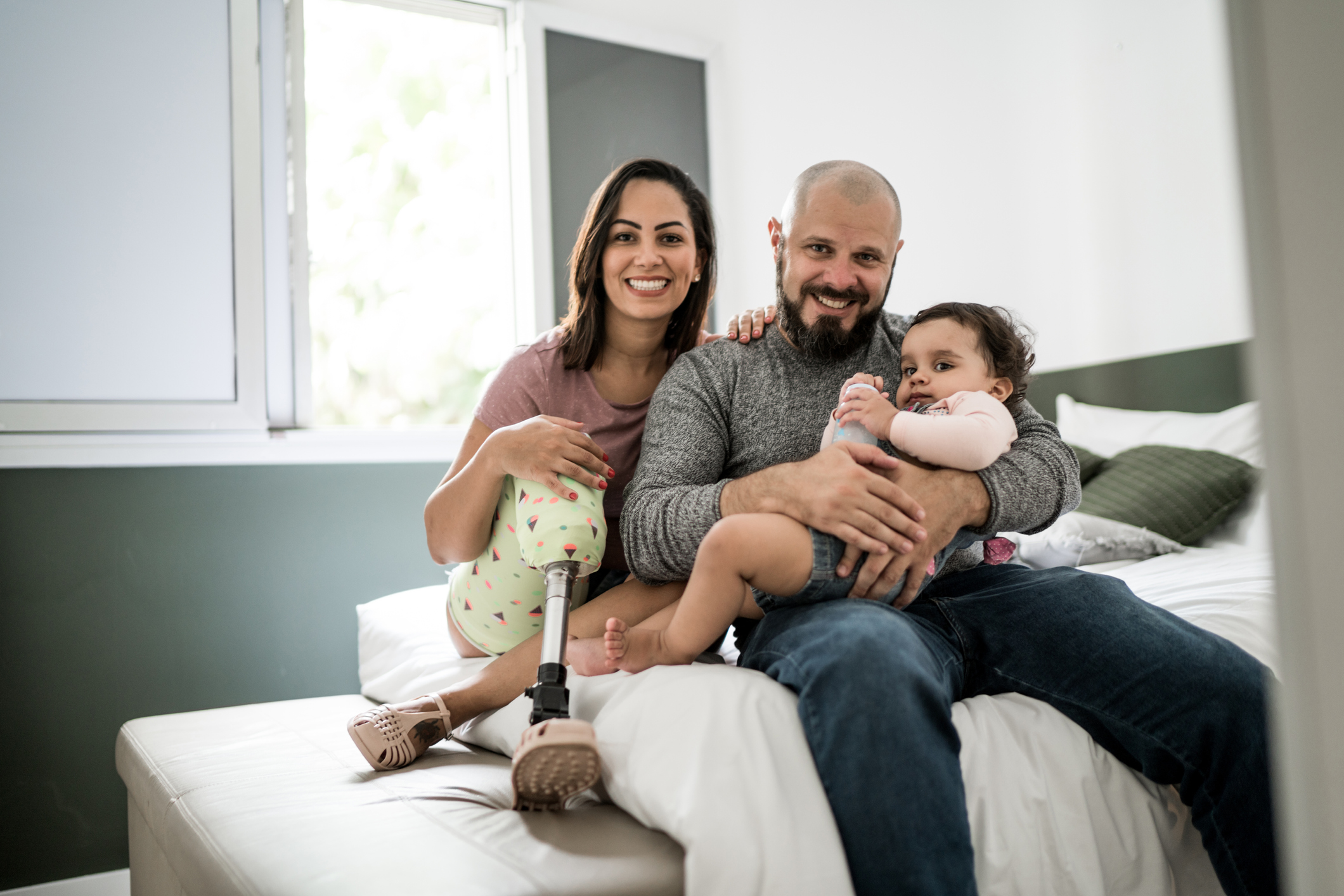
Family history, living conditions and social dynamics can influence an injured worker’s recovery, and those components require the most intensive management in catastrophic claims. The psychosocial impact of these injuries can extend beyond just the injured worker, leaving families in fear and devastation. Building a solid relationship from day one can provide comfort in a desperate time of need and establish a key support structure for the injured worker.
“This is an overwhelming and devastating time for the family of an injured worker. They need someone who will be able to address their questions with empathy and compassion,” said Jayde Laxton, Managing Director – Claims at Safety National. “Families need that peace of mind that their family member will receive the best care possible so they can provide that positive support structure, which is critical in an injured worker’s recovery.”
Every family will respond differently after a catastrophic event, but following these three steps can help establish a more meaningful relationship and a better outcome for an injured worker.
Early Intervention
Considered the most crucial step in the process, early intervention is essential in building rapport and trust with family members. It can make the entire process smoother, providing a better outcome and potentially preventing litigation. Typically, a field case nurse (FCN) will review a care plan with the family, suggesting centers of excellence and educating the family on the next steps.
A family’s initial response to the injury can determine their level of engagement with the injured worker and whether they will cooperate in the recovery process. While most catastrophically injured employees do not return to work, a family can help reintegrate them into society and deliver a purpose. Helping their family member relearn tasks like driving or running errands can help make them feel more meaningful.
Field Case Nurse Communication
The assigned FCN should be someone with experience in catastrophic claims. Any lack of expertise can be problematic in how the FCN communicates with family members, since the FCN will be the family’s main point of contact and are responsible for making them feel comfortable. The FCN is also tasked with creating a harmonious relationship between all stakeholders to ensure efficient and effective communication, allowing them to make the best care recommendations. They will communicate with doctors, family members and potentially, home healthcare providers and relay this information to the third-party administrator (TPA) claim adjuster.
Home Healthcare and Modification Needs
Home healthcare can pose one of the greatest challenges in an injured worker’s recovery. Sometimes the family wants to be the sole caretaker, not realizing the time and effort required to care for their loved one. When burnout occurs, an insurer may suggest that the TPA recommend a vendor to ease the burden. When a family lacks any involvement in care, home healthcare can be extremely costly. It also dramatically influences an injured worker’s recovery, devaluing their worth, leading to psychosocial issues where opioid abuse may result.
An injured worker’s home modifications may affect an entire family, so this can be a particularly sensitive subject. The vendor responsible for modifications should assess the injured worker’s needs, and the family’s requests should be made based on those needs, not the family’s wants.

